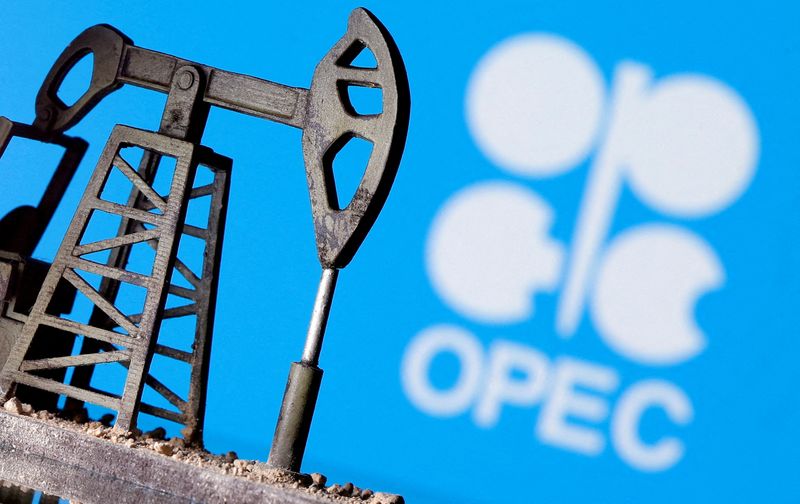
By Katya Golubkova
TOKYO (Reuters) – Oil prices edged higher on Monday on increasing concerns of potential supply disruptions from the Middle East producing region after Israel stepped up attacks on Iranian-backed forces.
Brent crude futures for November delivery increased 16 cents, or 0.22%, to $72.14 a barrel as of 0043 GMT. That contract expires on Monday and the more-active contract for December delivery gained 10 cents, or 0.14%, to $71.64.
U.S. West Texas Intermediate crude futures added 8 cents, or 0.12%, to $68.26 a barrel.
Last week, Brent fell around 3%, while WTI fell by around 5% as demand worries increased after fiscal stimulus from China, the world’s second-biggest economy and the top oil importer, failed to reassure market confidence.
However, prices on Monday were supported by the possibility of a widening Middle East conflict involving Iran, a key producer and member of the Organization of the Petroleum Exporting Countries (OPEC), after Israel increased its attacks on the militant groups Hezbollah and the Houthi that Iran backs.
“The recent escalation of attacks in the Middle East is increasing the likelihood of Iran being directly dragged into the conflict, putting a significant risk around supply disruptions at the OPEC producer,” ANZ Research said in a note.
Israel said it bombed Houthi targets in Yemen on Sunday, expanding its confrontation with Iran’s allies two days after killing Hezbollah leader Sayyed Hassan Nasrallah in an escalating conflict in Lebanon.
U.S. Defence Secretary Lloyd Austin has authorized the military to reinforce its presence in the Middle East, with the Pentagon saying on Sunday that should Iran, its partners, or its proxies target U.S. personnel or interests, Washington “will take every necessary measure to defend our people”.

Later on Monday, markets will be waiting to hear from Federal Reserve Chair Jerome Powell for clues on the Fed’s speed of monetary policy easing, and seven other Fed policymakers are due to speak this week, the ANZ’s note added.
Still, prices remain under pressure as OPEC and its allies, known as OPEC+, plan to raise output by 180,000 barrels per day in December and oil exports from Libya are also expected back.
This post is originally published on INVESTING.



